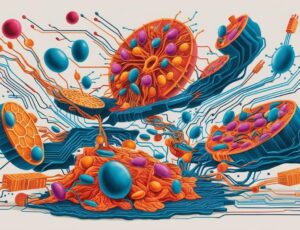Human Syntactic Processing
Year Group 1995/96
In the past decade, important developments have taken place in the area of human language processing. Novel computational techniques for natural language analysis inspired the development of parsers that can simulate phenomena of human sentence comprehension. Psychologically inspired sentence generators and grammatical induction models followed suit. At the experimental side, psycholinguists discovered diverse syntactic processing phenomena that have to be incorporated into such computers models. Work in linguistics led to novel and successful grammar formalisms that have inspired computational model builders. Unification–based formalisms have become influential, while probabilistic grammars and statistical parsing techniques have gained popularity. In addition, the traditional ‘symbolic’ theories are experiencing increasingly strong competition from connectionism.
Specific issues that currently deserve the attention of computational psycholinguistics interested in syntax, concern the relationship between grammatical encoding (generation) and grammatical decoding (parsing). How much overlap is there between our grammatical encoding and decoding modules? Do we have separate syntactic mechanisms for every language speak (bilingualism)? How does syntactic processing interact with lexical, morphological and conceptual processing? How can we model the grammatical induction processes by which children acquire syntactic skills? What kinds of grammar rules can be discovered and learned by machine learning models and artificial neural nets of varied design?
The theme group members have studies issues and problems such as these from the point of view of their respective disciplines: computational linguistics, machine learning, formal languages, parsing technology, neural network design, and psycholinguistics. The result of this work will be the publication of fifteen to twenty papers partly co-authored by colleagues working at various universities in the Netherlands. An important additional result was the successful invitational workshop on ‘Computational Models of Human Syntactic Processing’, held on the NIAS premises from 6-8 June 1996. It was the first one to be devoted entirely to Computational Psycholinguistics. Nearly all major players in the field were present. The workshop was an important event that put computational psycholinguistics definitively on the map.
Themegroup participants
-
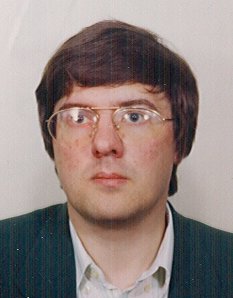
Daelemans, W.M.P.
Year Group 1995/96 -
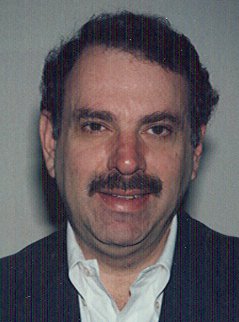
Kaplan, R.M.
Year Group 1995/96 -
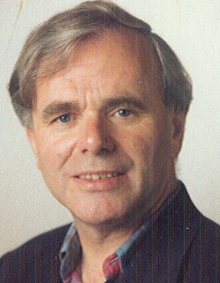
Kempen, G.A.M.
Year Group 1995/96 -

Nijholt, A.
Year Group 1995/96 -
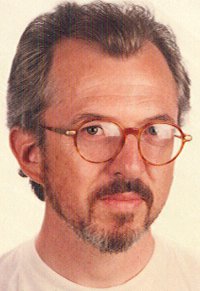
Reilly, R.
Year Group 1995/96

